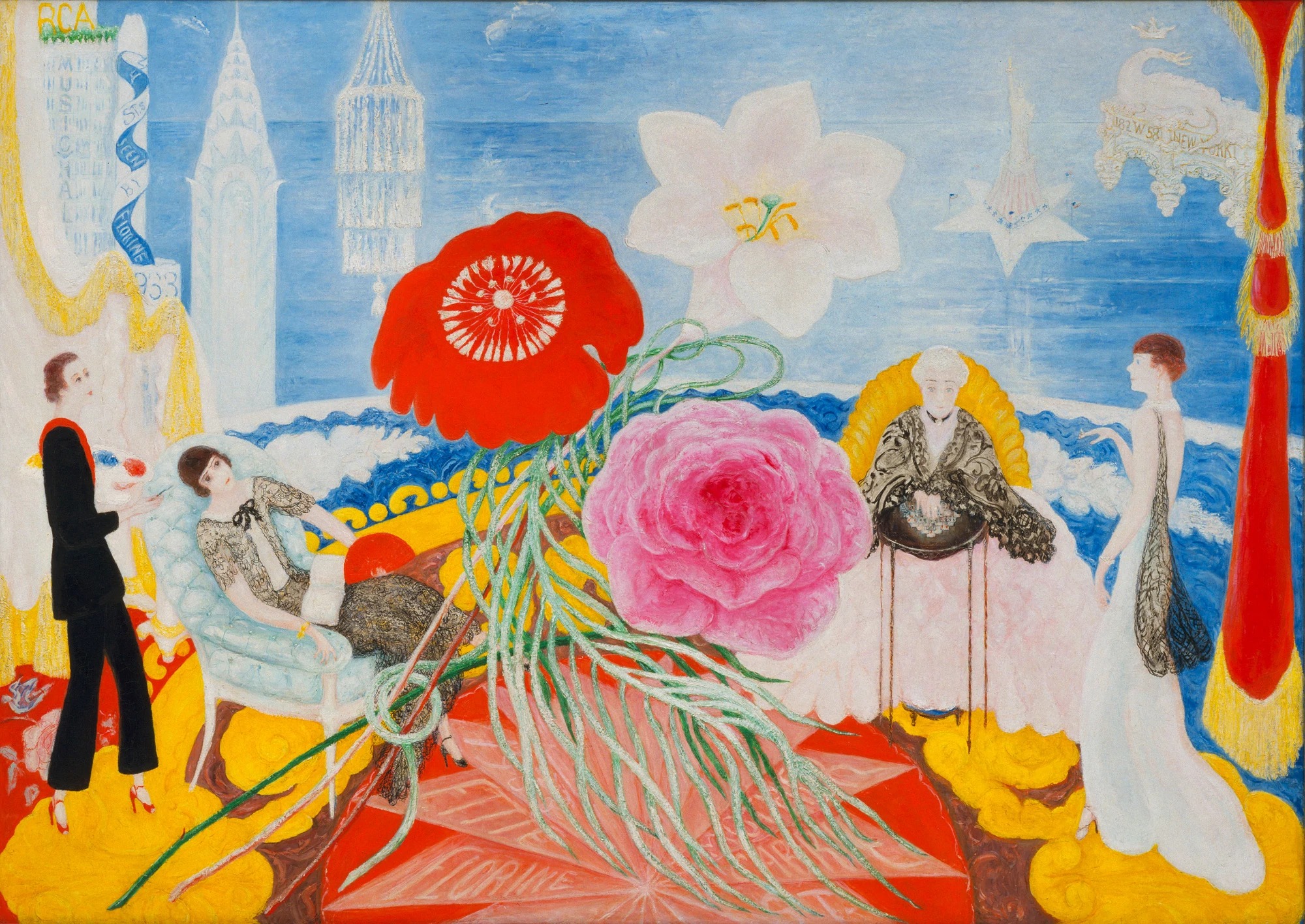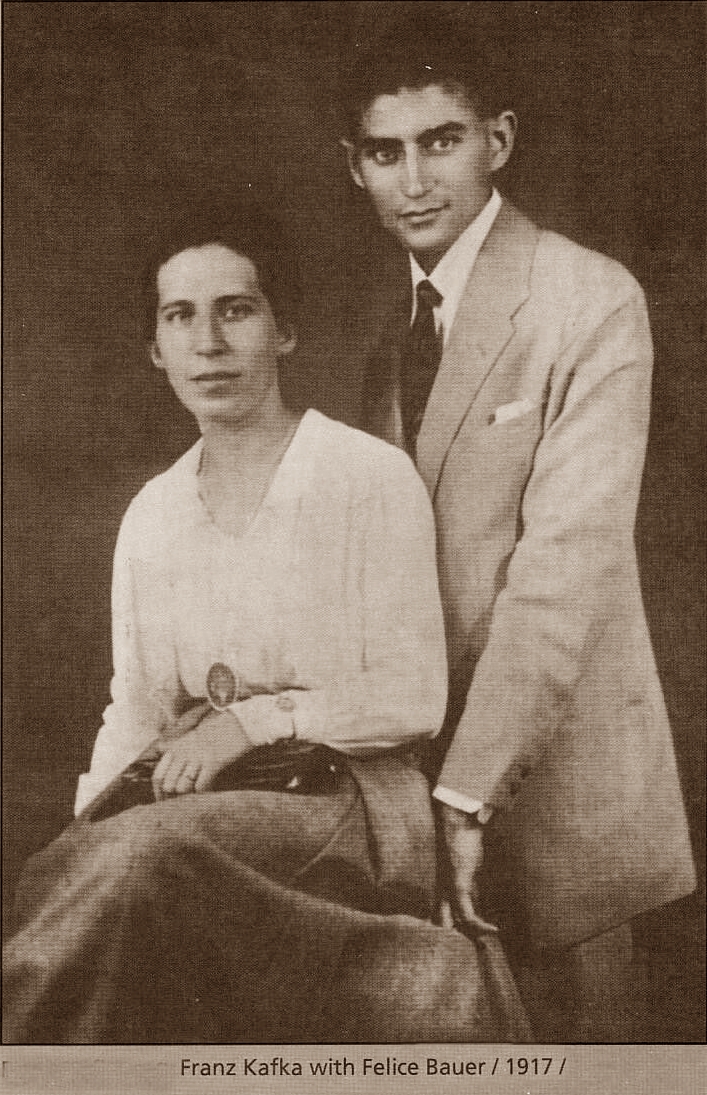At the height of his literary career, in the 1920s and 1930s, he was one of the most widely translated and popular writers in the world.
The World of Yesterday: Memoires of a European (German title Die Welt von Gestern: Erinnerungen eines Europäers) is the memoir of writer Stefan Zweig.
It has been called the most famous book on the Habsburg Empire.
He started writing it in 1934 when, anticipating Anschluss and Nazi persecution, he uprooted himself from Austria to England and later to Brazil.
He posted the manuscript, typed by his second wife Lotte Altmann, to the publisher the day before they both committed suicide in February 1942.
The book was first published in the original German-language by an anti-Nazi Exilliteratur publishing firm based in Stockholm (1942), as Die Welt von Gestern.
It was first published in English in April 1943 by Viking Press.
In 2013, the University of Nebraska Press published a translation by the noted
British translator Anthea Bell.
In "The World of Yesterday", Stefan Zweig states:
"We of the new generation who have learned not to be surprised by any outbreak of bestiality, we who each new day expect things worse than the day before, are markedly more skeptical about a possible moral improvement of mankind.
We must agree with Freud, to whom our culture and civilization were merely a thin layer liable at any moment to be pierced by the destructive forces of the "underworld".




















